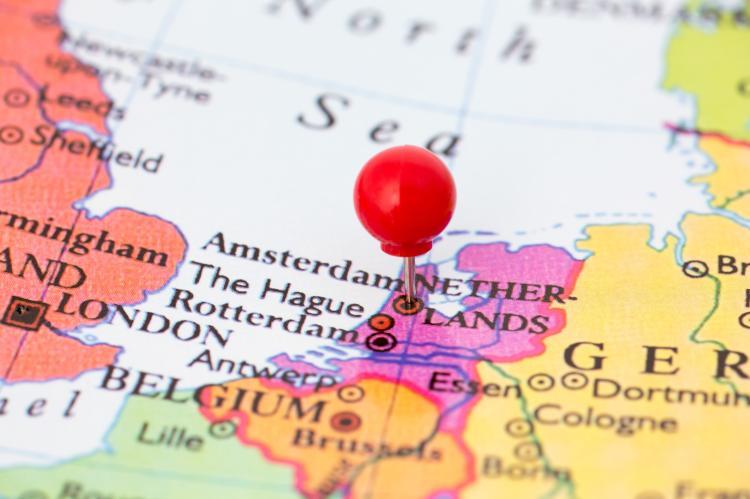Porthos Launches €1.3 Billion CO2 Transport and Storage Project in the Netherlands

Porthos has officially announced its final investment decision to spearhead the construction of the first major CO2 transport and storage system in the Netherlands.
According to a press release published on the company’s website on Wednesday, October 18, the ambitious venture is a joint initiative involving other famous energy companies, including EBN, Gasunie, and the Port of Rotterdam Authority.
With construction set to commence in Rotterdam in 2024 and full operational capacity projected for 2026, this project is poised to bring significant reductions in CO2 emissions to the Rotterdam port industry.
Porthos infrastructure is valued at $1.38 billion (€1.3 billion) and is primed to substantially impact the region's environmental landscape.
Following this final investment decision, Porthos is now poised to award contracts vital for realizing this groundbreaking project.
Partnerships with Major Companies to Ensure Success
Porthos has secured partnerships with prominent companies operating within the port of Rotterdam, including Air Liquide, Air Products, ExxonMobil, and Shell. These companies are expected to invest in their own CO2 capture installations to supply Porthos.
The transport of CO2 will be executed through the port of Rotterdam, eventually reaching depleted gas fields situated approximately 20 km off the coast in the North Sea. These gas fields will serve as the permanent storage site, with CO2 being securely stored at depths ranging from 3 to 4 km below the seabed.
Porthos has ambitious plans to store approximately 2.5 million tons of CO2 annually for 15 years, totaling around 37 million tons. This monumental achievement effectively contracts Porthos' entire storage capacity. The construction of the onshore transport system is designed with the foresight to accommodate future CO2 storage projects.
A Crucial Step Towards Achieving Climate Goals
Hans Meeuwsen, Director of Porthos, emphasized the pivotal role CO2 storage plays in achieving the Netherlands' climate objectives, stating, "CO2 storage is crucial if we want to achieve the climate goals in the Netherlands. This investment decision is an important starting point for future developments in CO2 storage in the Netherlands."
Carbon Capture and Storage (CCS) stands as a cost-effective strategy for temporarily curbing substantial CO2 emissions. In alignment with the Dutch government's climate policy, Porthos is set to contribute significantly to the reduction of CO2 emissions within the Rotterdam port industry, with an expected reduction of about 10%. Simultaneously, the industry is actively transitioning to processes based on renewable energy and raw materials.
Partnerships and European Union Recognition
In the realization of this ambitious project, Porthos has partnered with TAQA Energy, the present operator of the P18 gas fields, alongside specialized contractors and suppliers such as Denys N.V., Allseas, LMR Drilling GmbH, Mannesmann Grossrohr GmbH, Corinth Pipeworks, Equans, Ensco Offshore, Van der Ven, and Bonatti. Under the guidance of Porthos, these entities will collaborate to deliver the essential infrastructure required for the project's success.
The European Union has also acknowledged the significance of Porthos in achieving climate targets by designating it as a Project of Common Interest. In recognition of its importance, Porthos has received a substantial subsidy of $108 (€102) million from the European Union to further its endeavors.
